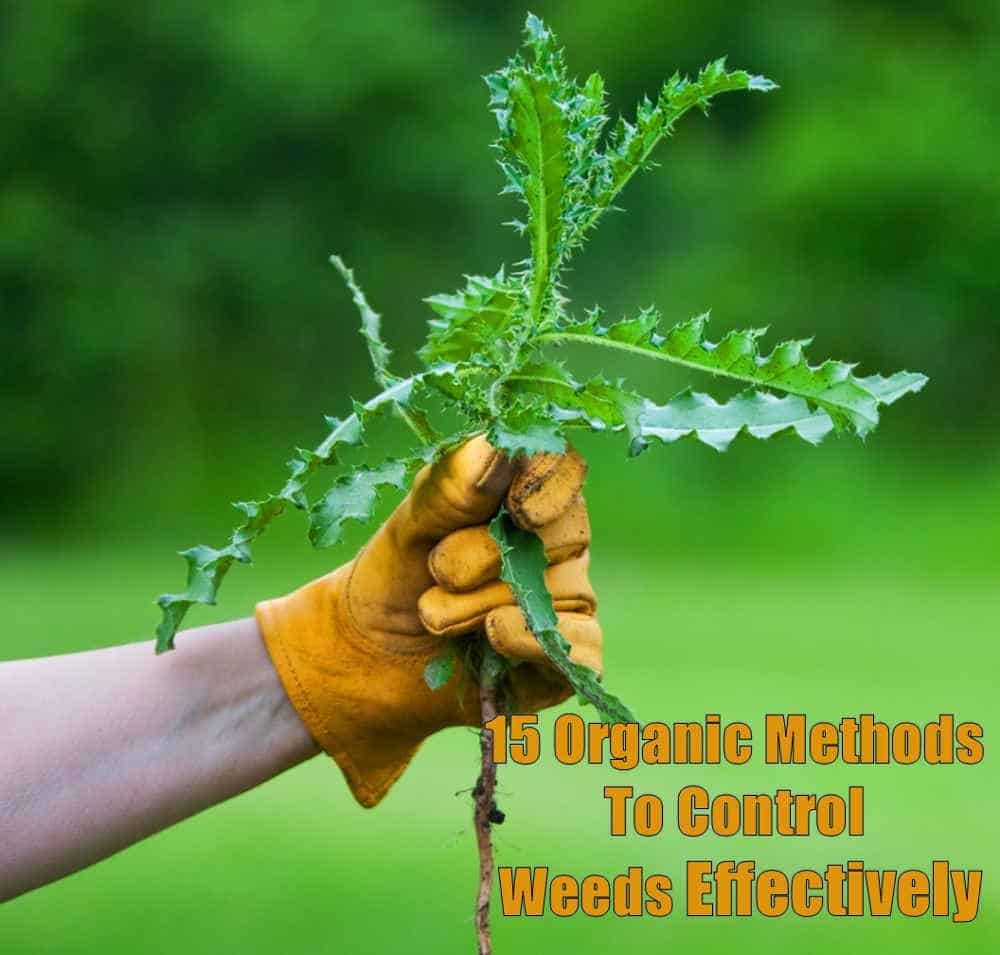Need a natural weed killer to limit the weeds that invade your garden flower beds, driveway, yard or terrace? It’s true that weeds grow very fast! But that’s not a reason to use harmful chemicals like weed killers. Fortunately, there are alternative and ecological solutions. These are simple solutions that will not endanger the health of your children or pets.
You do not know how to do it? Here are 15(method 14 is awesome) simple and natural ways to kill weeds in your garden without pesticides.
Method #1: The Pasta Cooking Water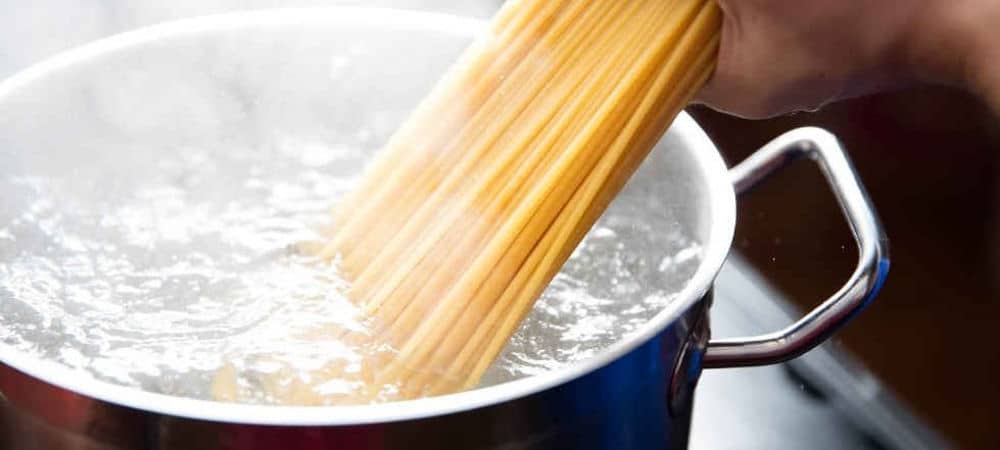
This tip is ideal for removing weeds between the driveway, terraces, yards, etc.
The hot cooking water of pasta (salted or not) works perfectly against weeds and moss. Starch (present in pasta) is harmful to plants and salt burns the root of the weeds.
- Pour lukewarm pasta cooking water at the bottom of the weeds, but be careful not to pour on other plants.
Method #2: The Cooking Water of the Potatoes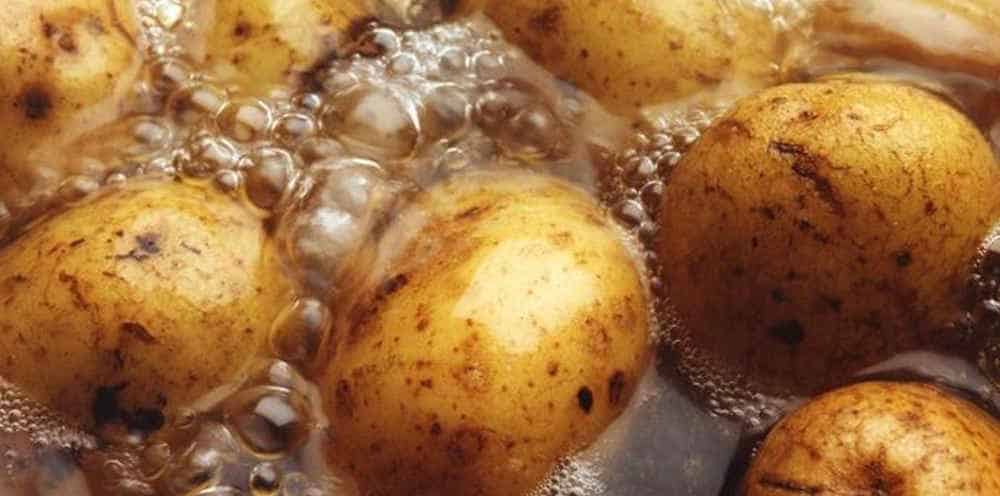
Potato cooking water acts as a very effective natural weed killer Because It is also very rich in starch.
- Pour the hot water over the undesirable ones, taking care not to pour on the other plants.
Good To Know: You have to be careful about applying the cooking water of pasta and potatoes! You must pour these boiling waters only on unwanted grasses because it’s harmful to other plants. You can also use the cooking water of rice.
Method #3: Angelica Manure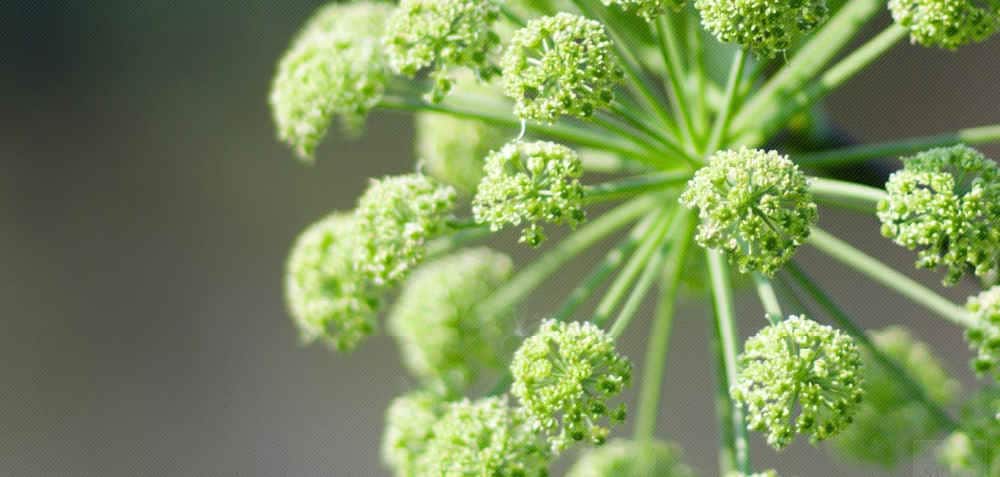
Purine, also called fermented extract is a liquid preparation obtained from plants. It is easy to prepare and economical. This trick is useful for flower beds, vegetable gardens, etc.
To prepare Angelica manure, you need 1 kilo of angelica leaves and 10 L of water.
- Roughly chop the angelica leaves.
- Let them macerate in the sun in 10 L of rainwater until no more bubbles are formed in the liquid (about 10 days).
- Filter and pour on your weeds to eliminate them.
Angelica is easily grown in the garden, in pots or planters.
Method #4: White Vinegar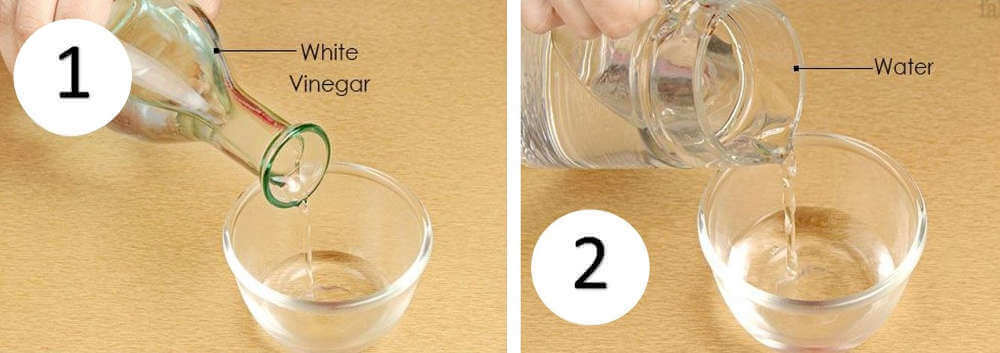
The items will be required-
Use it on terraces, driveways, and other inert soils not intended for growing.
Vinegar (Acetic acid) has natural herbicidal properties. White vinegar sold commercially is a dilution of acetic acid to about 10% in general. It is an ideal weed killer; it burns the aerial parts of weeds without attacking the roots.
It may acidify the soil and attack microbiological life. Be sure to use it sparingly in your beds and vegetable garden. Many natural vinegar weed recipes exist: they differ in their dosage, pure, diluted or mixed with black soap:
White Vinegar Diluted with Water:
- Start with a 50% dilution: 1 litter of vinegar for 1 liter of water.
- Spray this preparation preferably in the morning on a sunny day to accentuate the effect of vinegar.
White Vinegar and Black Soap:
To enhance white vinegar to kill weeds, you can add black soap.
- For 1 L of vinegar, add 2 tbsp. Black liquid soap.
- Spray to the weeds in the morning on a hot day.
Good to know: Apply vinegar with a spray bottle to the weeds like other natural herbicides. Vinegar can’t differentiate weeds and other plants. Spray it preferably early in the morning. Don’t spray during the windy conditions to avoid contaminating nearby plants. Vinegar is very acidic and its herbicidal properties are activated by the sun. So choose a day to apply without clouds and rain.
Method #5: Baking Soda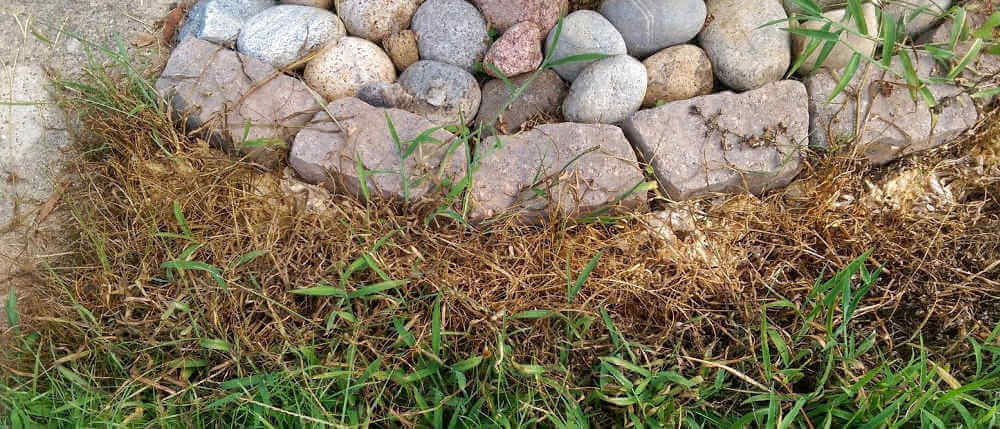
The items will be required-
Baking soda is an excellent natural weed killer, which slows the regrowth of unwanted weeds.
How to use it?
Pouring baking soda on the places overgrown with weeds and waiting for it to rain. If it does not rain, you can water with a sprinkler. It’s comfortable and convenient!
Method #6: Nettle Manure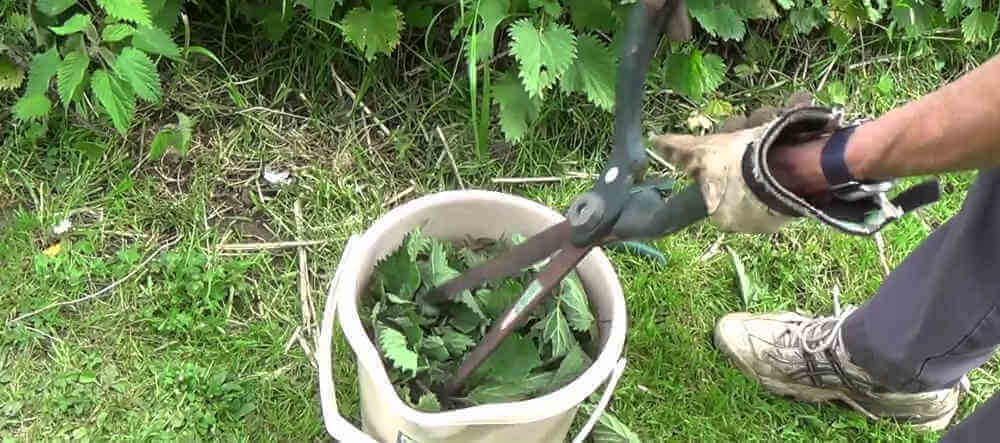
Nettle manure is a perfect ecological weed killer as well as Angelica manure. This trick is useful for flower beds, vegetable gardens, etc.
Nettle Manure Recipe:
- 2 kg of nettles and 10 L of water.
- Cut the nettle leaves into thin slices and put them in the water.
- Let macerate for 3 to 7 days until no more bubbles are formed in the liquid.
- Shake the mixture once a day.
- Filter the mixture.
- Pour on your weeds to destroy them.
The nettle maceration gives off a strong smell. It is therefore preferable and even strongly advised to make it as far as possible from the house.
Note: collect the nettle during filtration and add them to your compost. They will constitute an excellent accelerator of decomposition of matter.
Method # 7: Some Plants against Weeds
Some plants are called “green manures”. They grow fast and produce toxic substances against unwanted weeds.
- Phacelia, clover, mustard, etc. These plants grow fast and produce a mass of foliage and roots that prevent the growth of weeds.
- Buckwheat: This is called “cleanser” whose roots emit a substance that inhibits the emergence of weed seeds.
- Marigold, Indian roses: these plants produce toxic substances against quack grass and other undesirable weeds.
The combination of crops is one of the basic techniques of natural gardening manure.
Method #8: Mulching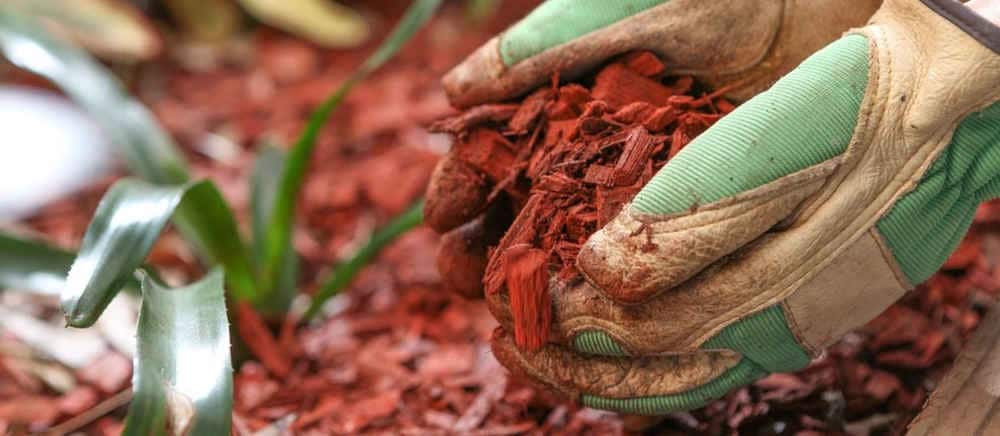
To avoid weeds in your vegetable gardens or flower beds mulching is very effective. Cover the planting areas with mulch. Weed seeds will not come into contact with the soil and therefore will not grow. Bad seeds that are already in the ground will not connect with the light that is needed to grow. So, Mulching limits and stifles the growth of unwanted weeds finally, mulch offers additional benefits of moisture retention.
Mulching of vegetables and flowers can be done in different ways:
- Organic mulch: straw, flax, grass clippings or weed and dried grasses, hemp fibers, etc.
- Mulch with recycling materials: wood chips, terracotta shards, slates, tiles, etc.
Our advice: Rather than buying your mulch, consider using the grass from lawn mowing and lay it in a thick layer where desired.
Resource: How to Apply Mulch
Method #9: Coarse Salt to Eliminate Weeds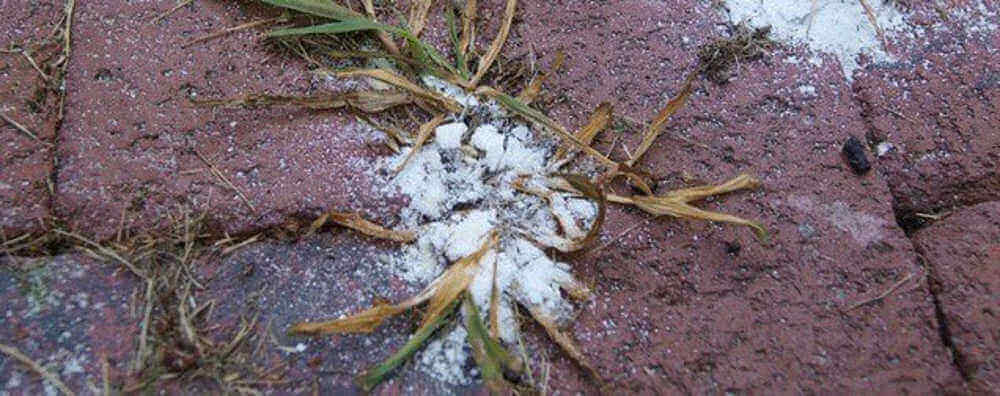
The items will be required-
There are two ways to use coarse salt to say goodbye to your weeds. The first is to pour coarse salt on the weeding areas and wait for it to rain. If it does not rain, you can speed up the weeding process by watering the coarse salt. The second method requires mixing 200g of coarse salt in 1 liter of water.
Warning: salt makes the soil uncultivable for several months, so be sure to apply only a small amount and only when needed.
Resource: How to Use Salt to Kill Weeds
Method #10: Weeding By Hand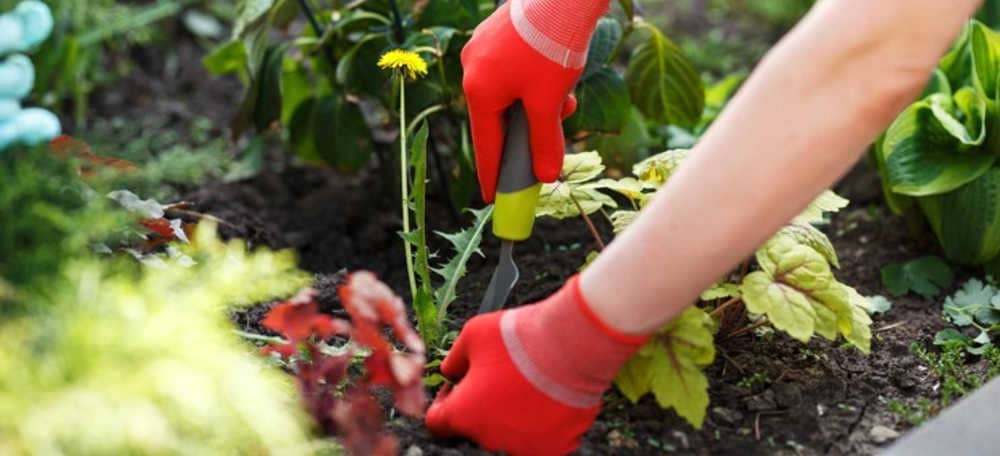
You can get rid of weeds by pulling it by hand. Wear the best quality garden gloves. You should be careful not to carry weed seeds elsewhere inadvertently.
Gardening tools such as a claw, weed puller, or a small pointed shovel will help you loosen the soil around the roots. Then you can quickly pick up the weeds root entirely. That’s the best method to make sure it does not come back
Method #11: with Corn Gluten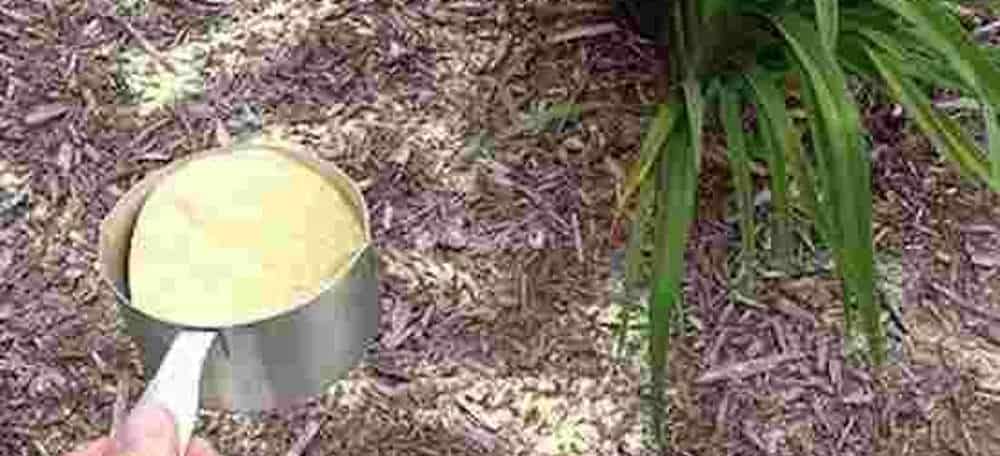
Did you know that corn gluten controls seed germination? Sprinkle it in your garden and it will prevent the weed seeds from germinating. Be careful; corn gluten prevents all seeds from germinating, so do not put in the whole garden, especially not on good seeds
Method #12: Newspaper for Weed Control
The cover of the newspaper prevents growing and stifle the weeds. Cover your crops with a thick layer of newspaper that will block sunlight from reaching the weed seeds. Wet the soil first, apply the newspaper to the foot of the plants. It helps to encourage the worms to come and stay. You may be wondering to know that earthworms are beneficial for airing the earth.
Method #13: Boiling Water for Weedkiller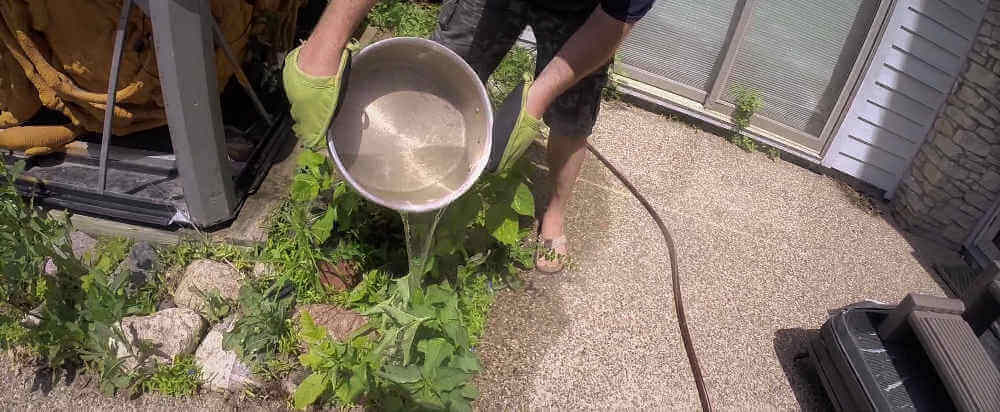
Boiling water is another way to get rid of weeds in the garden. Just grab your kettle, heat water, and bring it to the garden. Pour the water on the base of each unwanted plant. Some weeds may require two or three applications. To avoid danger Protect yourself from splashes
Method #14: All in One (With Water, Soap, Salt and Vinegar)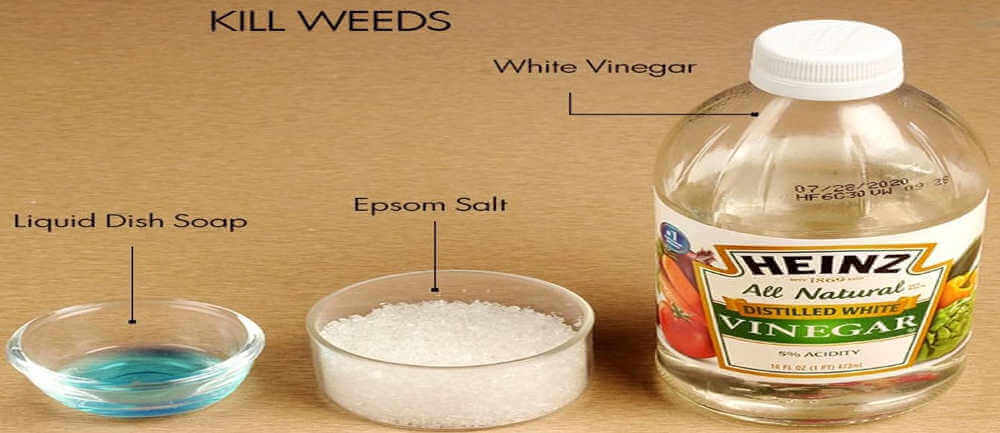
The items will be required-
This is the 100% natural weed killer recipe made from water, vinegar, soap, and salt.
Vinegar can influence soil fertility because of its high acidity. This is why it must be diluted in saltwater.
Recipe:
- Five liters of water,
- One kilo of iodized salt,
- 200 ml of white vinegar.
- 4-5 tablespoon of liquid soap
Sprinkle weeds with this mixture, let it work, and when the vegetation starts to turn yellow and fade, you’ll have to pull it out.
Attention: be judicious! This concoction will kill all the plants it touches without distinction. So be careful and do not spread it on your perennials.
Method #15: With a Jet of Steam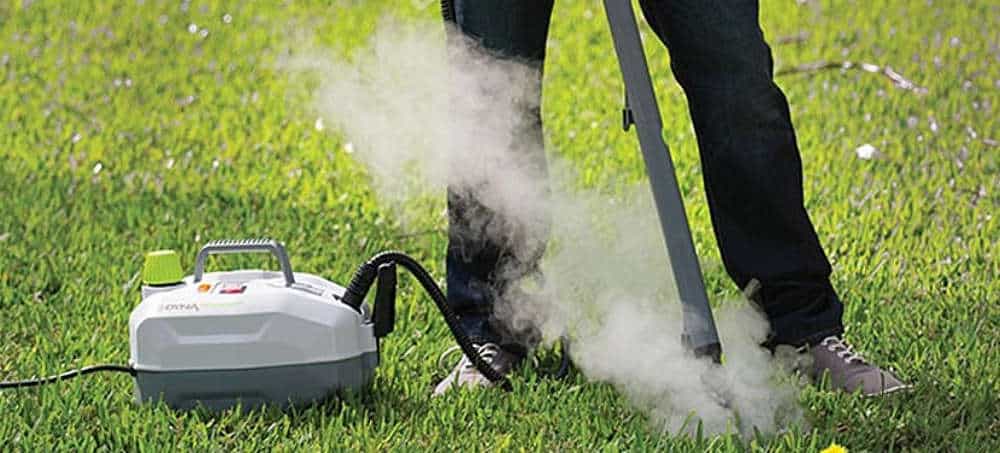
A high-pressure water spray works to embedded in plant cells. When the water turns into steam, the cells burst and the plant dies. You must not carbonize weeds, just wilt them. It takes a little bit of practice, but it’s very effective.
Caution: Never use on poisonous herbs as they may release toxic fumes into the air. Your eyes or your lungs would be the first victims
Weeds Are Not Always Harmful
Weeds are primarily wild plants useful for biodiversity. They are necessary for the balance of an organic garden. Some herbs provide shelter and cover for auxiliary insects and pollinators.
Others allow us to determine the nature of the soil and to enrich the hummus.
- Red cutworm and chickweed and other neutrophils that absorb excess nitrogen in a field.
- The Ravenell that collect in the subsoil potash unassimilable by other plants and release it during their decomposition, thus enriching the soil.
Why Should Ban the Chemical Weed Killers
There is a wide variety of chemical weed killers. The best known (unfortunately) is glyphosate. Dangerous, toxic, harmful for the environment and human health, many of these chemical herbicides are classified as “endocrine disruptors”. The International Agency for Research on Cancer (IARC) attached to the World Health Organization (WHO) also classifies this substance as” probable carcinogens”.
The use of these chemicals presents dangers for the inhabitants of the places, the domestic animals, the insects, and microorganisms present in the garden.
The consequences on our health, the pollution of the environment, the ecological impacts on soils and water tables, that’s why chemical weed killers a real danger.
Last Words
Weeds need to balance biodiversity. But they sometimes invasive for your crops. Don’t be a participator to destroy the world by using toxic chemicals. Use any natural method to eliminate the weeds. Share the link to your friends and make a green world

